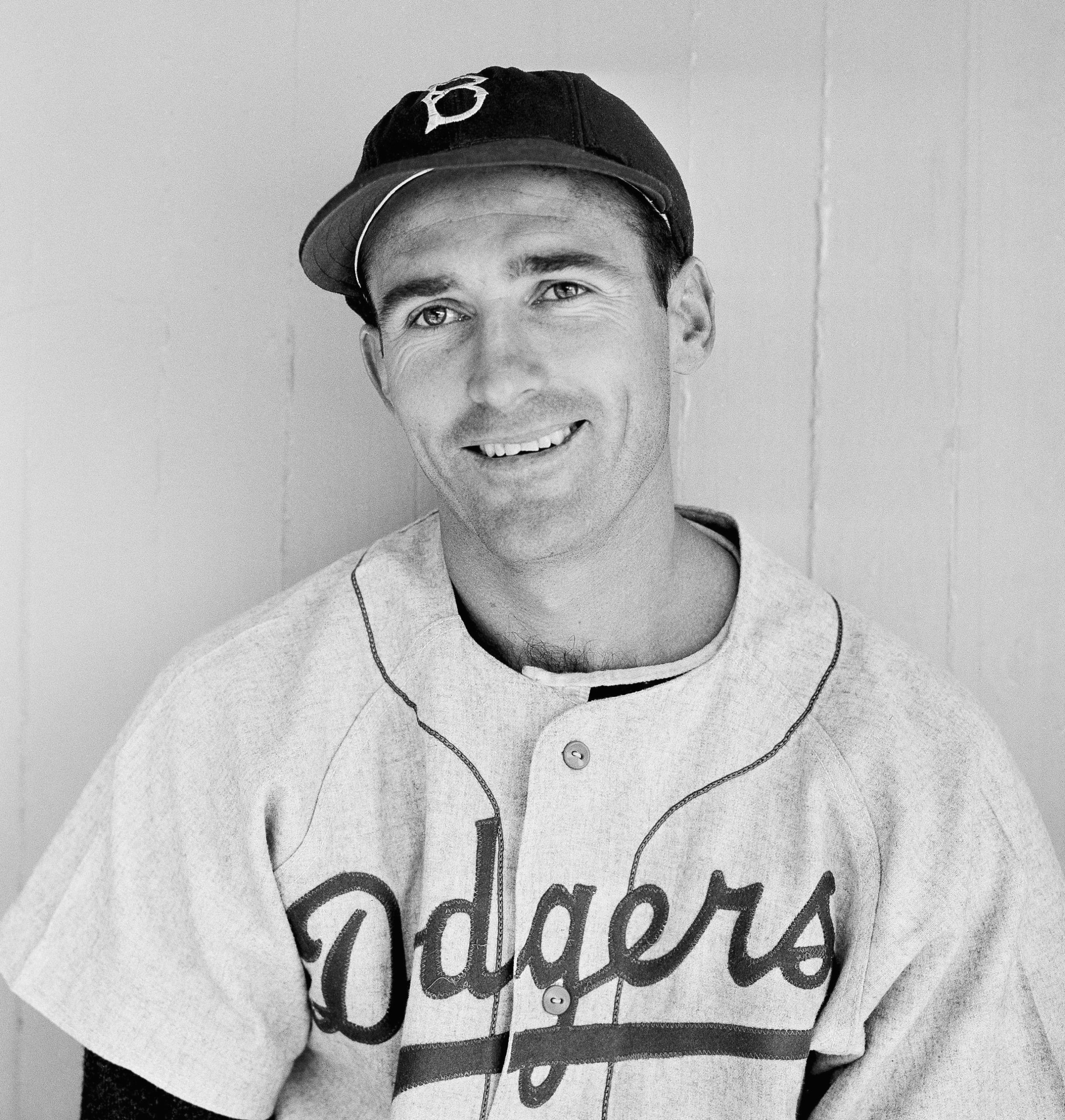Spider Jorgensen: A Brooklyn Dodger hero

John Donald (Spider) Jorgensen was a Brooklyn Dodger who sacrificed the heart of his career for his country. When ballplayers refuse vaccines to help make their country safer, Jorgensen was a throwback. He sacrificed what surely would have been an excellent major league career when he gave his country four years of military service. Here is his story.
Let’s start with his nickname Spider. It has a few variations but a central core. According to Baseball Digest writer Phil Elderkin, he was at Folsom High School. Elderkin wrote that Jorgensen wore black shorts with a vertical orange stripe on the sides while playing basketball. It prompted a teacher to tell the students that Jorgensen reminded him of a black widow spider he had killed in a woodshed. Wikipedia adds that while random, the nickname stuck with the gifted young athlete. Having encountered a black widow spider on the porch of a Colorado home, I know how the teacher felt. I wish the story was more interesting.
When a proposed scholarship to study business at the University of Santa Clara fell through, Jorgensen spent two years at various jobs and playing baseball in the semipro Sacramento Winter League. In 1939, and again in 1941, he played baseball at Sacramento City College. A second baseman when he entered college, he was moved to third base when the team’s regular third baseman was injured.

Brooklyn Boro
View MoreNew York City’s most populous borough, Brooklyn, is home to nearly 2.6 million residents. If Brooklyn were an independent city it would be the fourth largest city in the United States. While Brooklyn has become the epitome of ‘cool and hip’ in recent years, for those that were born here, raised families here and improved communities over the years, Brooklyn has never been ‘uncool’.